America could learn a lot from the skaters of Atlanta
- Text by Michael Segalov
- Photography by Jarrett Christian

It’s some 48 hours since Trump’s election victory when I first landed in Atlanta. I’ve spent most of the afternoon at a refuge for the homeless, and it hasn’t necessarily filled me with uplifting stories of hope for the city or state.
As I say my goodbyes to the staff, TV screens flashing across the city are still filled with The Donald’s face.
By now the sun is starting to set, not that the traffic looks like it’ll be subsiding any time soon, and the warm Georgian air is cooling in the darkness. Today’s been uncomfortable, half the country (and much of this city) remains in shock, disbelief, some even in mourning.
In the coming days I’ll be meeting young Trump supporters, LGBT people now scared shitless, migrants, civil rights campaigners, Muslims, a load of others, and people who really, really like guns.
But right now I need somewhere to escape. A place where there is community, where people are about more than division and building boundaries. A place with space to think, but people to talk to with no hassle. Basically, I need a skatepark.

The Fourth Ward Skate Park, in the east of the city, was the first public skate centre in Atlanta. Opened in 2011 by Tony Hawk, all the skaters I speak to across town tell me it’s where they head to relax.
When I arrive the place is popping, toddlers and guys in their late twenties are riding in tandem across the purpose-built site. To the left of me a few kids are sat down talking and smoking, a bloke in his twenties flying a drone to the delight of some children up ahead.
Messing about on the concrete in front of me are three young guys: Davis, Angelo and Cody. They’re rolling around casually, chatting as they go. Already I feel a calm wash over me. Much of the city today still feels segregated: the black neighbourhoods, the white neighbourhoods, the divisions even starker now with a white majority turning out to vote for the racist “radical” Trump.
But down here, in amongst the dips, these kids just keep on skating.

“Ever since I’ve skated, which is since I was six, the thing I’ve come to realise is that there’s no divisions here,” says 19-year-old Davis. “Everybody likes each other, there’s no space for hatred.”
I’ve spent most of my day trying to hook up meetings, and it’s not all been easy. Jarrett, our photographer and an Atlanta local, reckons people down here at first treat strangers and journalists with some healthy mistrust. Not these guys though, they welcome us with no questions. Pretty soon we’re all sat down together in the dimming light.
“About the election…. First of all, both weren’t any good. It’s like picking your poison,” blurts out Davis, when I ask him how his first election at voting age felt.
“But of the two I’d rather we had Hillary,” he continues, confirming it was the Democrats who received his first ever vote. He, like many others I speak to across the city, remains angry that it wasn’t Bernie’s name there on the ballot. “I really think he’d have won,” he laments. But living in a city with a majority black and large immigrant community, Davis could see what needed to be done: Hillary was the lesser of two evils.
 “The result really shows who people are and what people stand for,” Davis argues. “People supported a bigot who doesn’t care about anyone except rich white men: he doesn’t care about women, racial equality, about anything.” The other guys nod approvingly as he goes.
“The result really shows who people are and what people stand for,” Davis argues. “People supported a bigot who doesn’t care about anyone except rich white men: he doesn’t care about women, racial equality, about anything.” The other guys nod approvingly as he goes.
“He’s a sexist bigot who weaselled his way to the White House, but at least now we all know where we stand.”
Davis is white, 15-year-old Cody is Latino, Angelo is African American, and there’s a plethora of other races and ethnicities represented here too. These guys are breaking down barriers in a way their city hasn’t managed to do.
“It’s important that our group is like this though,” jumps in Angelo. “Here people who wouldn’t normally meet in everyday life get to meet, and as long as you’re skating those differences just don’t matter.”

Creating spaces where race doesn’t dictate the way you’re treated might have been useful before, but places like this will now be even more vital for young Americans and the future. Trump has promised to ban Muslims from migrating to the country; he’s been endorsed by the KKK and has a history of racism that’s impossible to ignore. Through their friendships, they’re resisting.
Conversation turns to experiences of the city: how racism here is less visible than in the Republican red counties that surround us. Trips to the deep South, Davis says, made him realise in some places nothing had changed since the 1940s.
Then a young guy called Micah, who’d been sat listening quietly until now, speaks up in his broad Georgia twang. He explains how the first time he understood what it meant to be the victim of racism was many years earlier, as a young kid when he was sat with his dad on a train.
Across from him, a white woman was sat staring, and when they made eye contact her grip tightened on the bag in her hand. “I didn’t get it then, but she was scared of me,” he mutters somewhat disbelievingly. “The thing is shit like that just doesn’t happen here.” The others guys sit quietly, a couple tut and shake their head. This is the dialogue and compassion a divided nation is so desperately in need of.

“Here we like to skateboard,” says Davis. “We all like skating, and everyone else here does, so it’s a commonality.” These guys are of all ages, races, from different parts of town, but they exist together in a space where there’s a mutual interest. In the skate parks interactions aren’t tinged with mistrust.
“While we’re here nothing else really matters,” Davis continues. “Ultimately we are others ourselves, we’re a subculture, outsiders, so we just stick together.”
“The thing is, ultimately skating is a leveller,” he suggests, jumping back onto his board ready to get moving. “You try and match each other, shit you might even try and beat each other, but people fall the same, hurt the same, and make tricks the same. It’s how it works.”

While across both the state and the country, folk are at each other’s throats, Trump and his racism is stirring hatred and whipping up prejudice, despite the fact that they’ve got no reason to hate.
But down here in the Fourth Ward Skate Park, it’s just not visible. Respect and mutual understanding reigns. Fuck, people here literally smash into each other all the time on their boards, knocking each other down, causing injuries – but even then there’s no room for blame or anger. They wipe themselves off, laugh, and carry on.
“I see racism a lot in school though,” throws in Cody, who’s been listening quietly but sticks about when his friend’s start to head off. There, everyone is separated, Cody tells me: race dictates who you talk to, who you spend time with. “I’ve seen groups of kids get into fights simply for getting too close.”
“Skateboarding takes me out of that, it takes us all out of that,” he continues, “as skaters we’re not stuck with those rules. That’s why I skate every day. It’s to get away from those divisions.”
Michael Segalov is the News Editor at Huck and will be on the ground in Atlanta over the coming days. Keep track of his progress as he asks where America goes from here. And if you’re in Atlanta and want to share your story, please reach out.
Enjoyed this article? Like Huck on Facebook or follow us on Twitter.
Latest on Huck

Three decades behind the scenes of the music industry
Eddie Otchere’s ‘Spirit Behind the Lens’ is a story of music and culture that crosses and transcends borders.
Written by: Isaac Muk
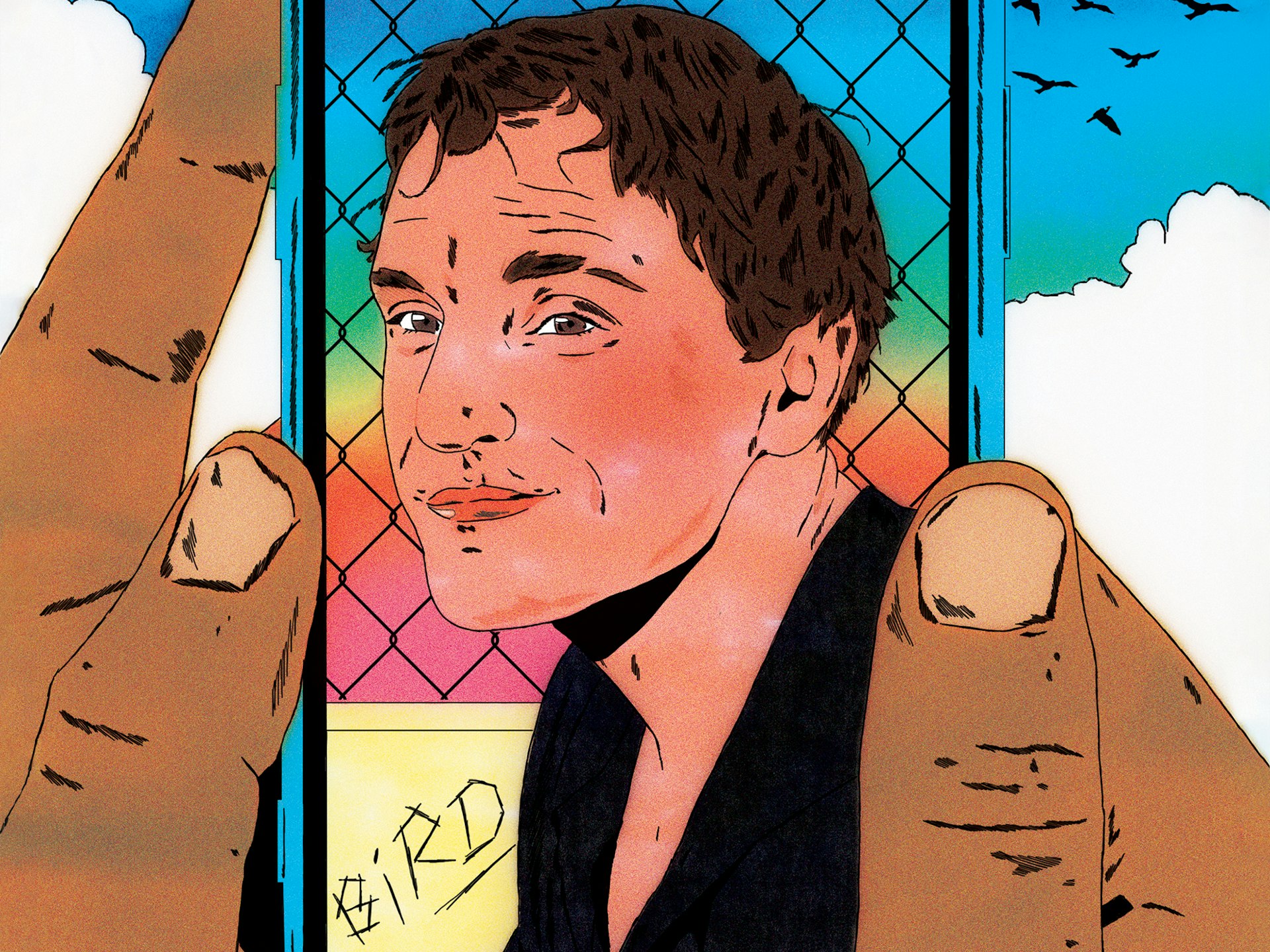
Barry Keoghan, Franz Rogowski and Andrea Arnold on ‘Bird’
The new issue of Little White Lies brings Andrea Arnold’s sixth feature to life with a thematic voyage down the Thames estuary.
Written by: Maisy Hunter
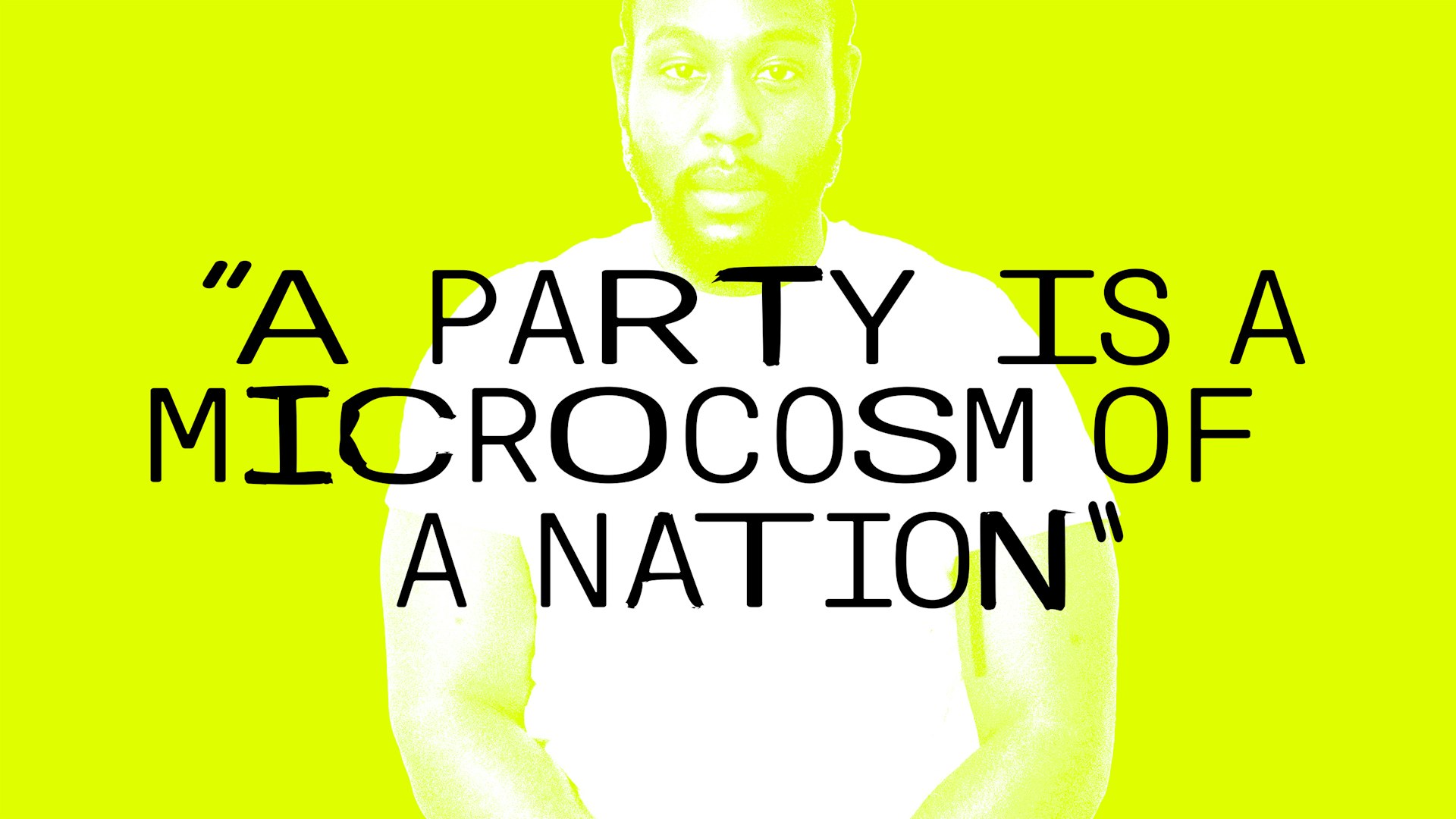
“A party is a microcosm of a nation”: Caleb Femi on the decline of the house party
To celebrate the publication of his new collection ‘The Wickedest’, Isaac Muk caught up with Femi to talk more about the work, the future of the shoobs, and discuss why having it large on a Saturday night should be cherished.
Written by: Isaac Muk
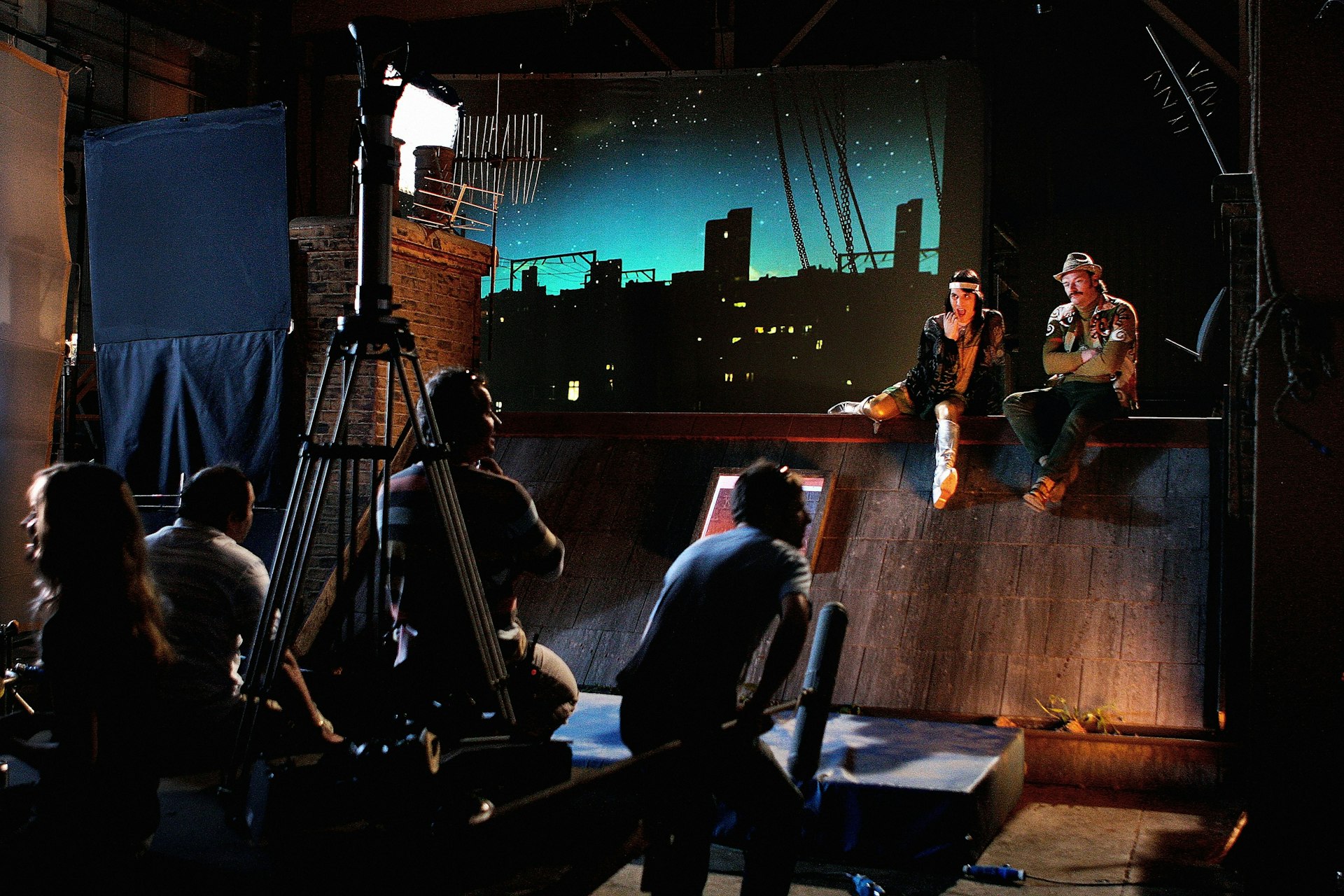
Celebrating 20 years of The Mighty Boosh
A new exhibition takes a look behind the scenes of the iconic show two decades after its BBC3 premiere.
Written by: Isaac Muk
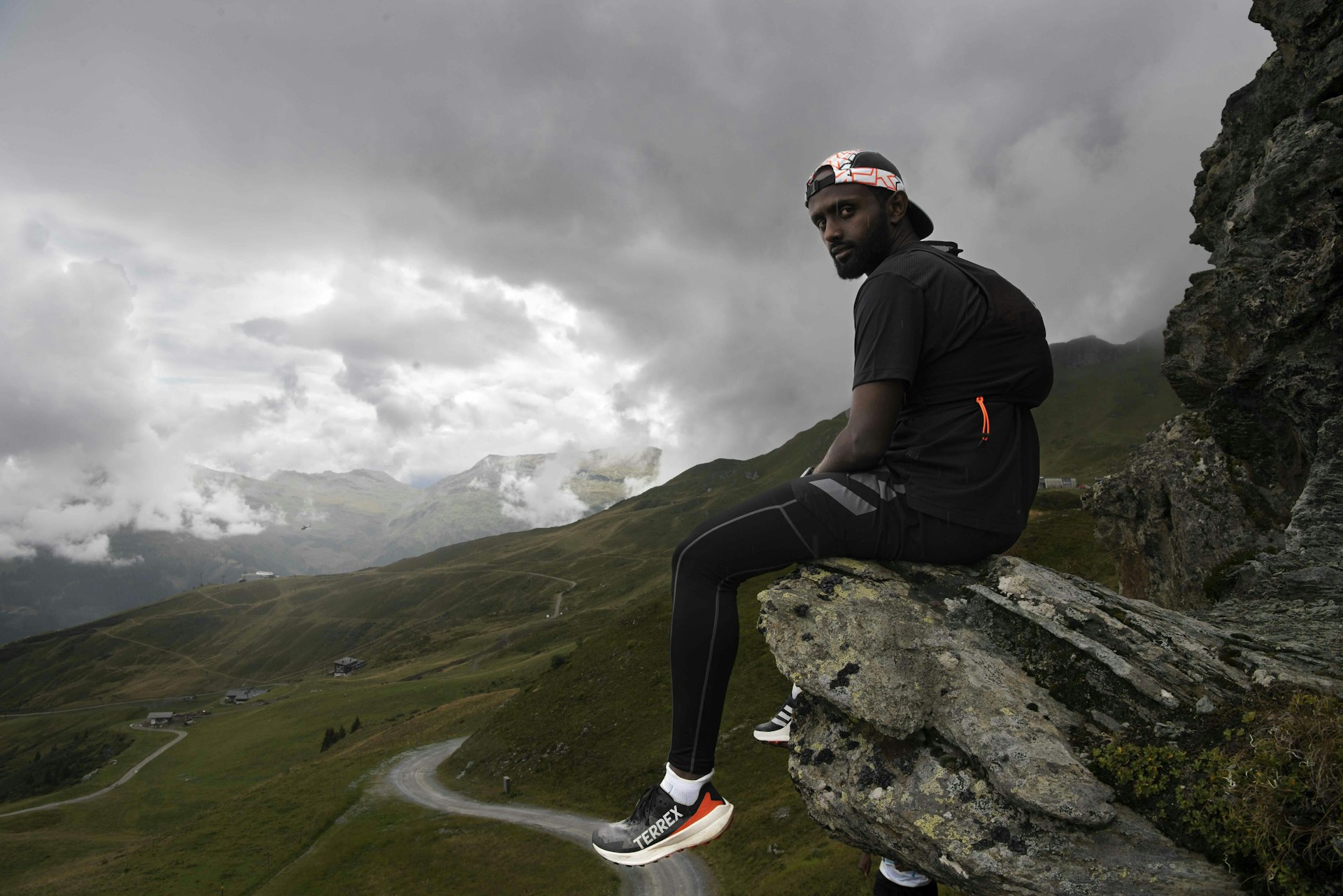
We Run Mountains: Black Trail Runners tackle Infinite Trails
Soaking up the altitude and adrenaline at Europe’s flagship trail running event, high in the Austrian Alps, with three rising British runners of colour.
Written by: Phil Young
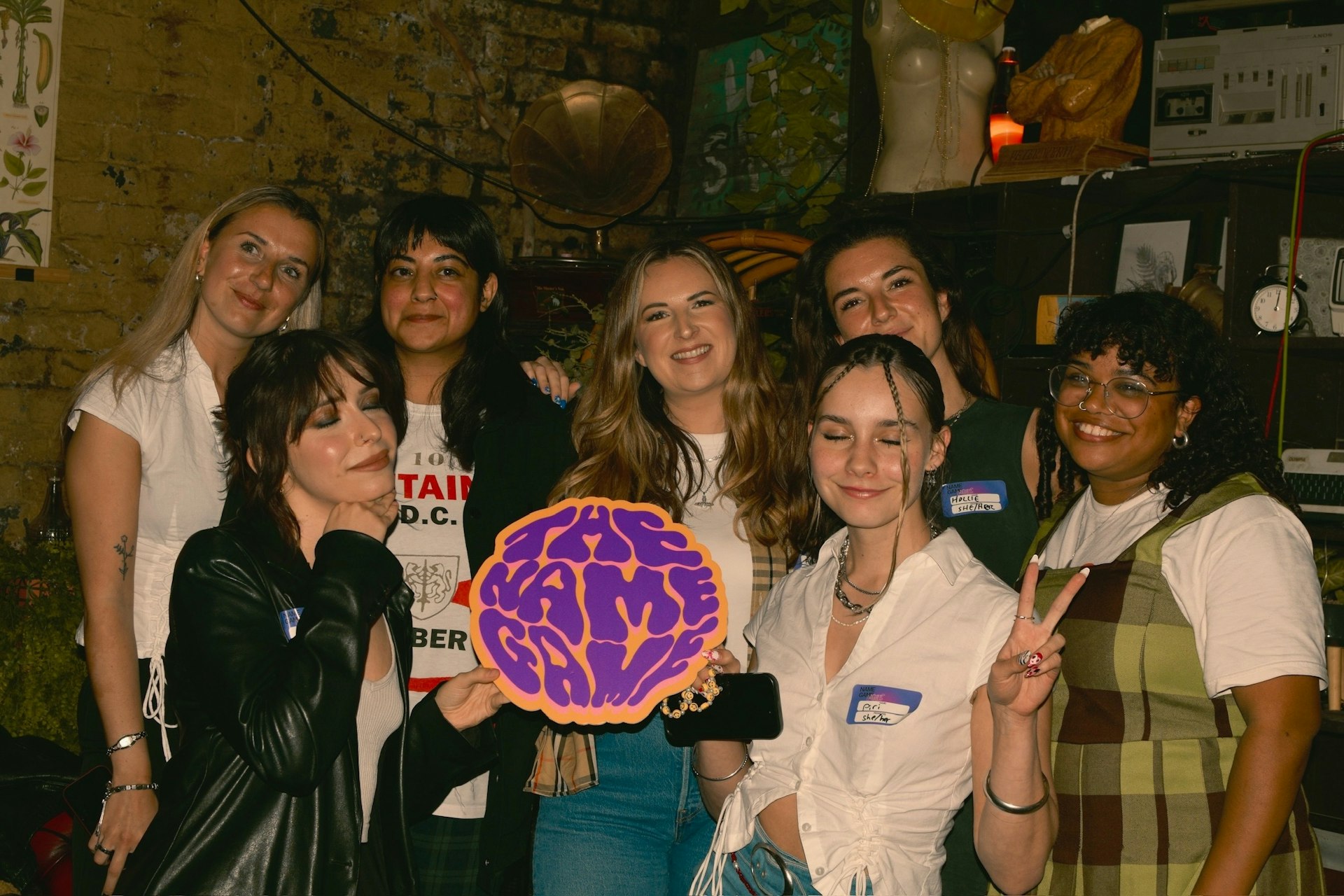
The organisation levelling the playing field in the music industry
Founded in 2022, The Name Game is committed to helping female, non-binary and trans people navigate the industry.
Written by: Djené Kaba